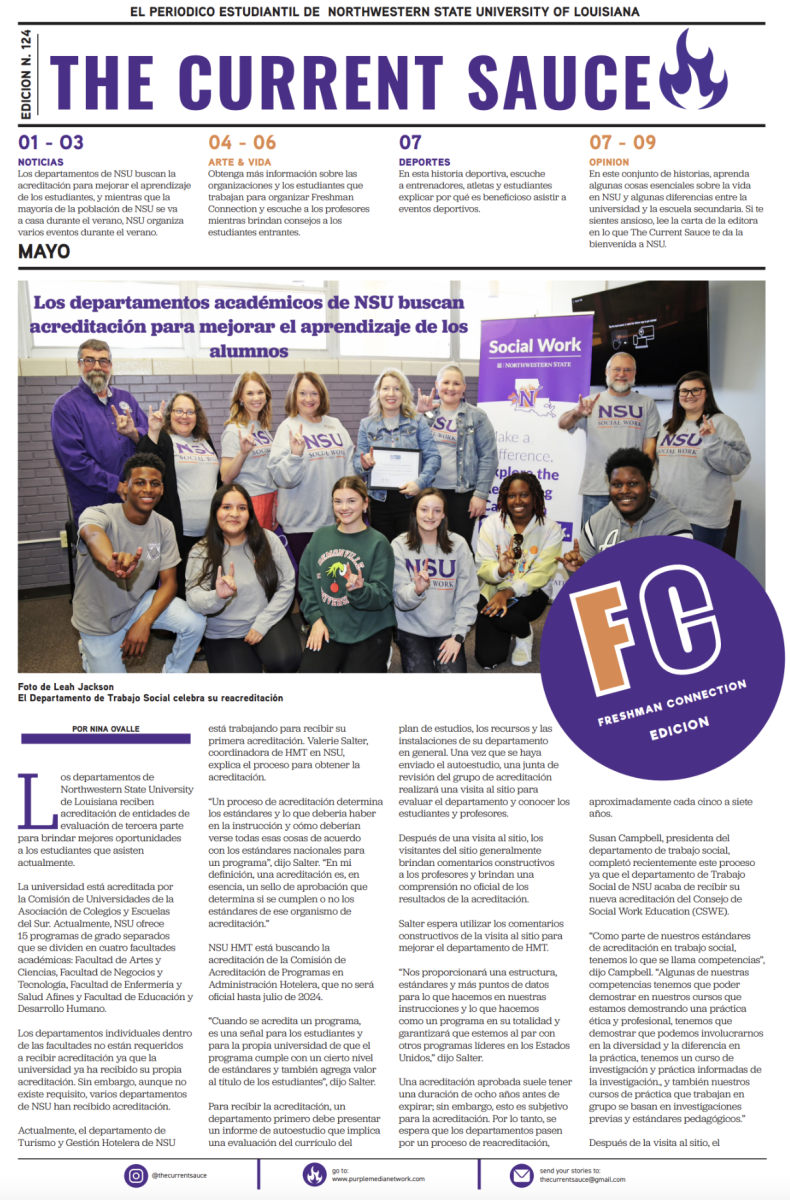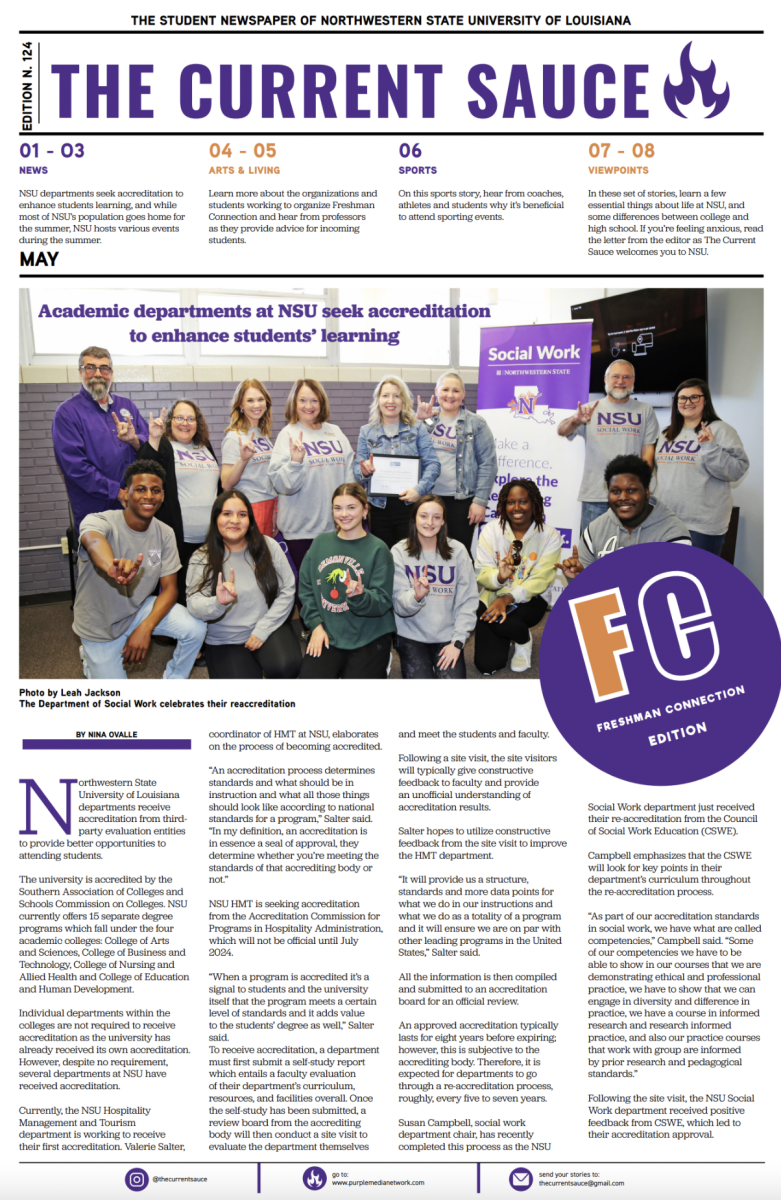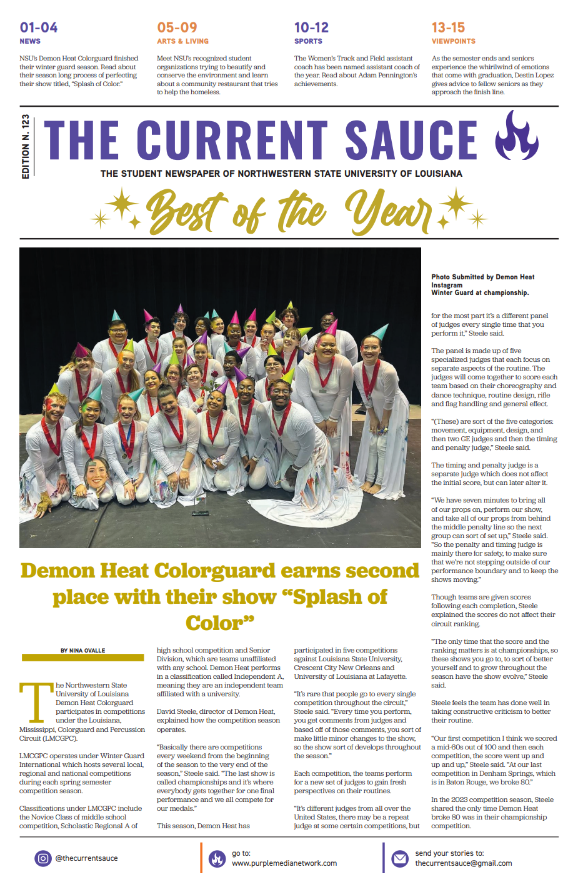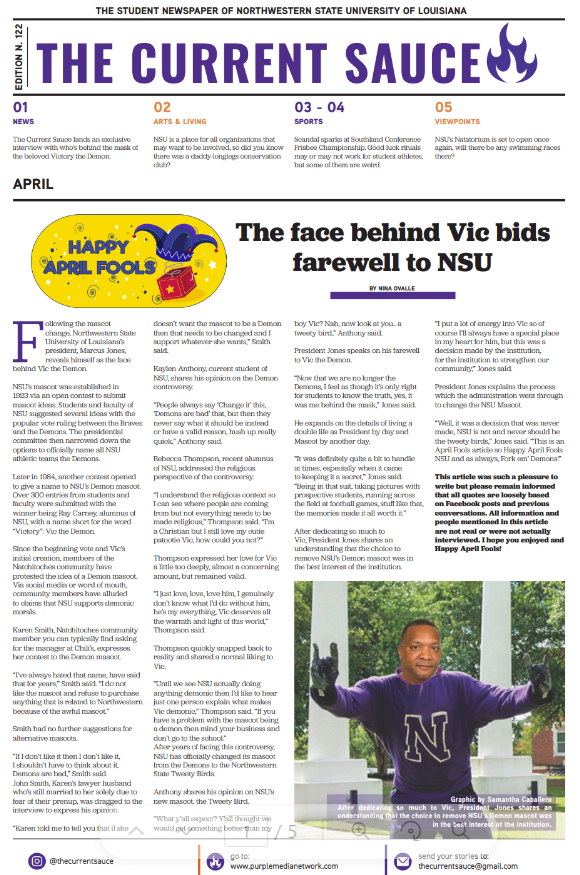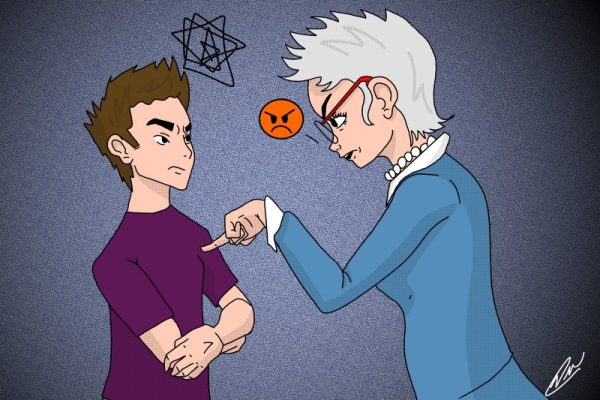Physical exercise has incredible benefits for mental health
I do understand that physical fitness and diet are not a fix-all, but they can aid us in helping us lead healthier, happier lifestyles.
I don’t want to be a repeating record player; so, I will play my record only once. Mental health has been around for as long as we have had a mentality. Physical activity has likewise been around since we grew from a baby in the womb to a hungry individual who wanted food and therefore moved to get it.
For definition’s sake, I’ll define mental health as our emotional, psychological and social well-being. Physical activity will include all movement whether vigorous or moderate.
The two of these are very closely related and can be used to better the other. I believe mental health can be affected both positively and negatively by physical health, and here’s why.
For my own credibility, in this case, I will state that I am a healthy individual who has experienced multiple periods of rest and extreme workout in intervals as an athlete, but conditional training has not been maintained, while consistent physical activity has been.
I have also been formally diagnosed with bipolar disorder and attention deficit hyperactivity disorder (or ADHD). I have personally felt the benefit of my physical fitness on my mental health in all extremes.
Picture this, the fall of 2020, the world is still falling in and out of quarantines and mask mandates and everyone has taken an extended vacation.
One lonely college freshman at Northwestern State University of Louisiana is quickly realizing their mental health was more serious than anticipated, and their physical fitness had been ignored for too long.
Suddenly, they began to stress workout in fear of the freshman 15. During the time of these workouts, mental health and body image improved and I survived fall 2020 finals with flying colors.
Enter the spring semester and my competitive team took up all my time outside of school and I was unable to work out on my own terms. My mental health got worse once more so I decided to pursue my mental health with seriousness.
Following some wonderful appointments with the on-campus counselors, I was formally diagnosed and scheduled to get medicated at the end of the 2021 summer break. But in between, I became physically stagnant once more and fell into my worst mentality yet.
But coming home in July, just before band camp, I began to pick up my routine once more and began to doubt my mental illness because of how good I felt.
It took years, but I finally realized that centering myself with beginners yoga and basic youtube workout tutorials from TikTok was an extremely helpful method to aid me alongside my medication. Following this all, I decided to do some research.
I decided to explore a relevant 2013 article, “The relationship between mental health and health-related physical fitness of university students.” Seeing as this article relates more closely to me as a sophomore in college who has mental health issues while also being moderately active on average. In the article, two things were observed, gender and mental health.
My focus is on the mental health aspect which was reported as such, “the health-related physical fitness elements excluding flexibility – including cardiopulmonary endurance, muscular strength, muscle endurance, and degree of obesity – influence mental health.”
This does not state a positive nor a negative correlation, but I noticed that as the charts show the rise of body mass index, so did the report of depression and anxiety rise.
It is worth pointing out that flexibility was not a factor that aided mental health, yet yoga has been a notorious subject that people claim aids mental clarity. During summer, I tried not to weigh myself often because I wanted to have a better body image, but when I did, I was always happy with my weight no matter gain or loss, because I liked the way I looked alone, without the stats.
I have personally done yoga during the summer, but often only when I was having issues calming down from hyperactivity. It helped me center and focus my mind a lot, allowing me to break my flow in a healthy manner.
I know that continued yoga or any aerobic exercise has helped me have a better time during episodes of various degrees of hyper fixation or task paralysis (two extremes of a common ADHD individual).
With my own experiences with mental health and physical activity, I can boldly say that it overall does improve my mental health.
Obviously, on hard conditioning days where I would have to run two to three miles in the hot morning sun would argue otherwise, yet ultimately, I would feel better for longer than if I had stayed inside all day.
It is common knowledge that physical activity and an increase in heart rate and blood flow chemicals trigger the brain to release serotonin, a chemical often prescribed in anti-depression medicine to medicate depression which is a mental illness that targets the production of serotonin naturally in the brain.
Exercise also releases dopamine, a reward chemical. So, It is physically impossible to not have a better mentality exercising daily as a healthy individual.
We know long-term effects versus short-term happiness is a big player in mental health and longevity, for the same reason exercise is also better in consistent doses and not sudden stops and starts. I do understand that physical fitness and diet are not a fix-all, but they can aid us in helping us lead healthier, happier lifestyles.
With everything I have planned for my new school year, I know I will not be able to work out often enough to feel better about myself like I did throughout the summer. I will have a thorough discussion with my physiatrist and find the best option for me.
In a more formal standpoint, I would say my base level researching and personal experience has led me to enforce a stronger opinion that consistent exercise has helped me with mentality and overall body confidence issues, all connected to several other branches in the mental health spider web.
The key to efficient exercise is long-term healthy food choices and consistent moderate exercise. If you’re having a rough time this upcoming school year, try some simple exercises to help you feel better.

